In light of the complexity of current societal issues (climate change, energy transition and digital transition, etc.), the world of research, questioned by society, is aiming for broader sharing of scientific results, greater transparency in scientific processes and the emergence of new forms for the transmission and co-building of knowledge with society. Given its missions and numerous research and expertise themes, related in particular to the city of the future, Université Gustave Eiffel is actively involved in an opening to society which is illustrated notably by the steering of participative research and expert analysis.
Participative science
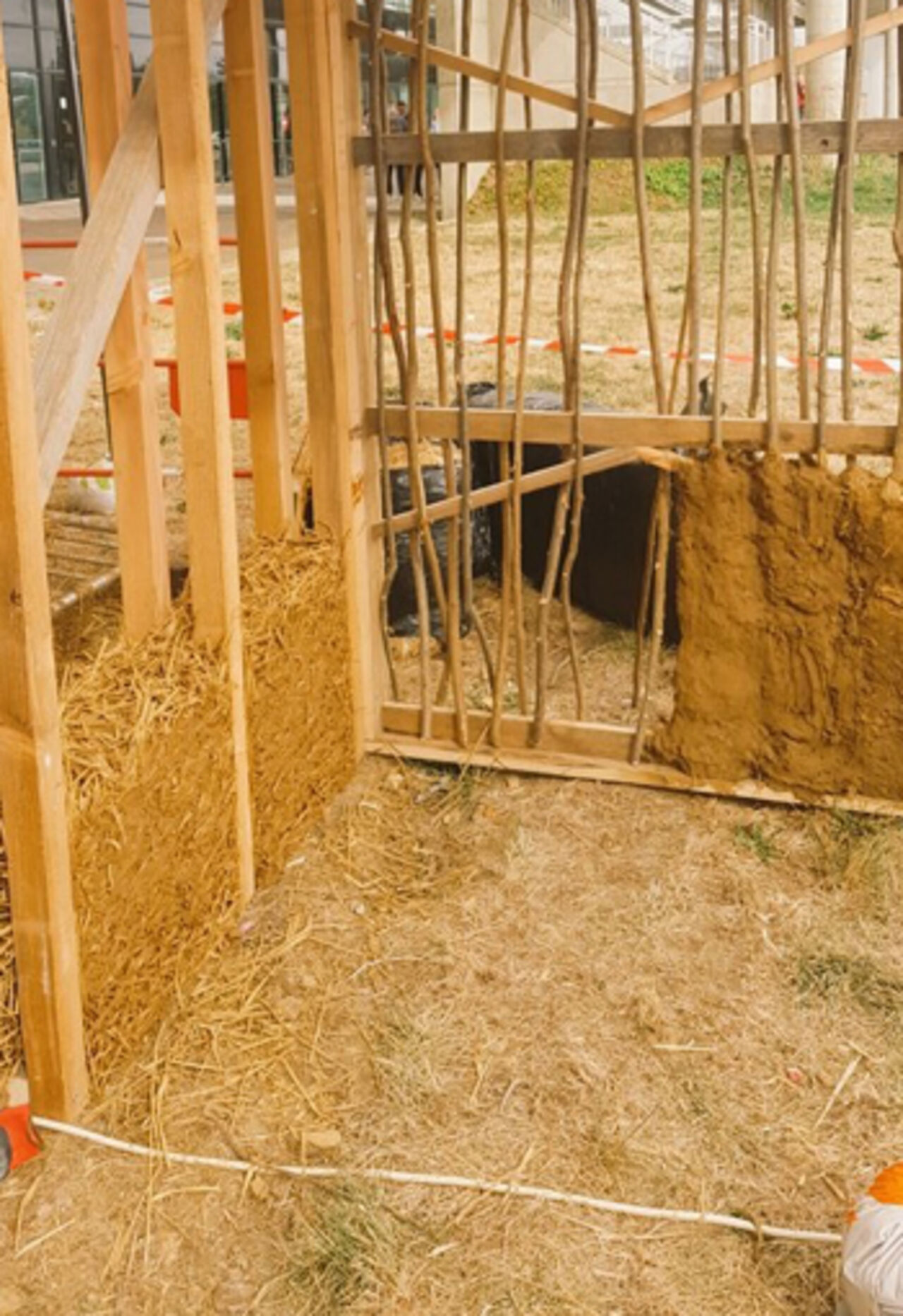
The ALLUVIUM project: solutions for raw earth, a bygone material with a promising future
In the framework of the Alluvium project, launched in October 2018 and funded by a call for projects under the FUTURE initiative, a participative action was organised on the southern forecourt of the Copernic building on the Champs-sur-Marne campus. As part of the sustainable development week, students and staff came together from 22 to 25 September to discover and test raw earth (mud) building techniques.
An ancestral material, mud was used as far back as the Neolithic period in the fertile crescent to build the first cities in the history of humanity. Viewed as less noble and thus often discredited over the centuries, raw earth was gradually abandoned, particularly in the West, in favour of other materials. At present, there is renewed interest in the use of raw earth due to the availability of this soil matter and its ecological benefit. It must be pointed out that the works currently under way on the Grand Paris Express in the Parisian region will generate around 40 to 50 million tonnes of excavation earth by 2030. This soil is a potential resource for the raw earth sector, if feasible technical solutions for its adequate formulation and implementation are found. Clay-rich excavated earth is subject to swelling in damp conditions, which can lead to cracking.
Composed of 6 partners, Université Gustave Eiffel, LRMH, C2RMF, Ecole des Ponts ParisTech, FCBA and ETH Zurich, and funded by the FUTURE initiative, the Alluvium project will test formulas of raw earth combined with bio-sourced materials such as plant fibres (e.g., cotton or cellulose), starch (from cooked rice water for example) and food waste, etc. ‘With these additives, we’re looking for solutions to strengthen the mechanical properties of raw earth and make it damp-resistant’, Emmanuel Keita, a researcher from the Navier laboratory, explains. The addition of a surfactant-type organic molecule should ‘render the earth insensitive to dampness’.

Paris Olympic Games 2024: a better understanding of the heritage of sporting events
What are the visitor paths in major international events such as the Olympic Games? What forms the obstacles and levers to sporting activity for disabled persons? The Lab’Urba and ACP laboratories presented the results of research, carried out in the framework of the ORME (Observatory for Research on Mega-Events), to the inter-ministerial delegation to the Olympic and Para-Olympic Games. By request of the Organisational Committee of the Paris 2024 Olympic Games, ACP also drafted a report to foster prospective thinking on visitors to the event.
The MSME laboratory (multi-scale modelling and simulation) filed patents relative to the Paris 2024 games and developed applications geared towards the general public and companies specialising in the safety of people and property, based on the guiding and evacuation of crowds, digital twins or Internet of Things.
‘Territoire French Impact’ fosters social innovation
The Social and Inclusive Economy Chair (ESS), via the units UFR-SHS, UFR-SEG, IFIS and ERUDITE, brings on-the-ground support to the Paris-Vallée de la Marne conurbation public policy, Territoire French Impact’. This policy, initiated a few years ago by the High Commission at ESS, takes the form of certification awarded to 20 regions in France. Through one of the three levels of intervention, the University’s students support regional players in their social and inclusive economy projects. These projects are based on three areas: short food circuits, the circular economy and soft mode and shared mobility. In addition, the chair leads and coordinates the Regional Committee for Social Innovation around this policy.
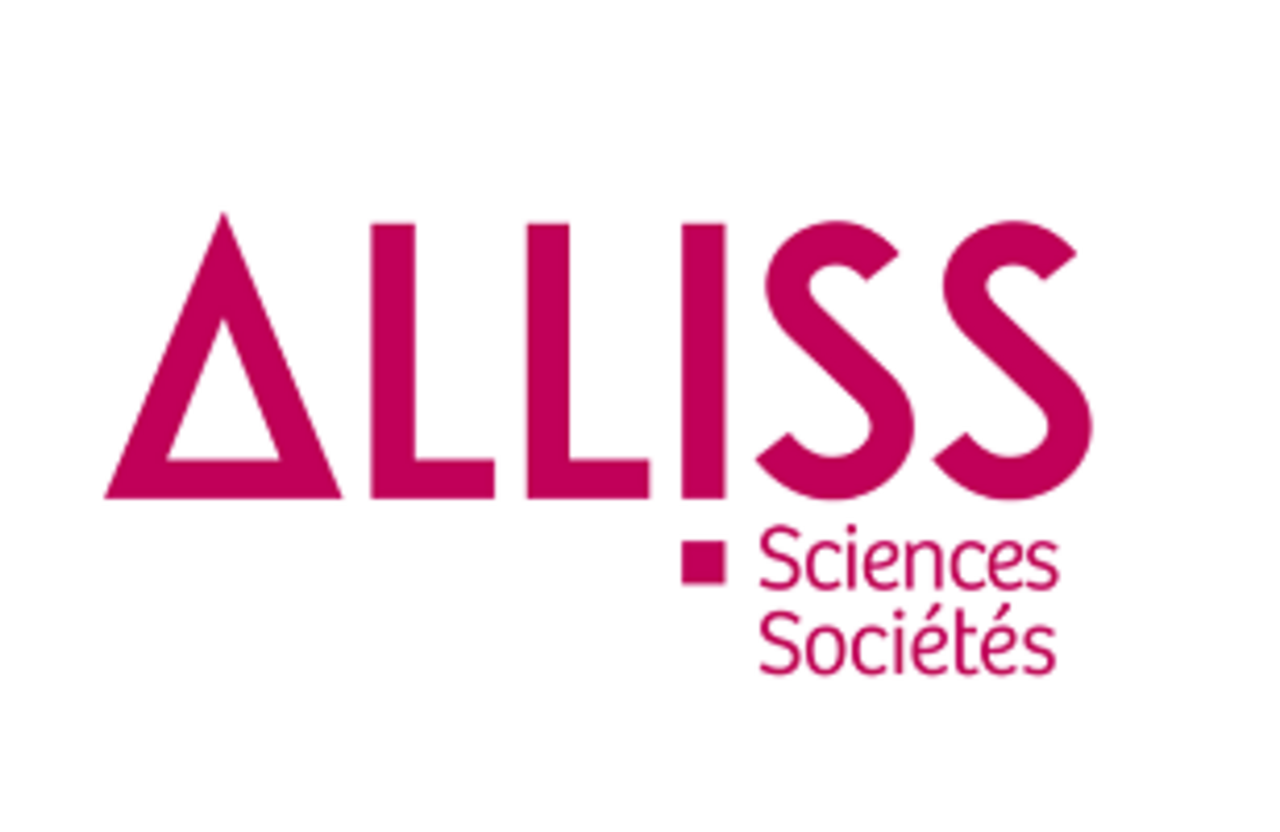
The integration of third-sector research in the aims of the Law on Research Planning
Via the University-managed Labex SITES and GIS IFRIS, LISIS and LATTS lent considerable support in 2020 to the ALLISS Science and Society network for the recognition and opening of the French research and innovation system to third-sector research (TSR), i.e., society and other stakeholders. On 20 January 2020 at the French National Assembly, these units took part in parliamentary debates aimed at integrating TSR in the aims of the Law on Research Planning. The units then supported and participated in the Third-sector Research Conferences organised by Rennes 2 University in late November 2020. This support consists in revisiting the knowledge resources produced in the last ten years by IFRIS (Île-deFrance Institute for Research, Innovation and Society) around science and innovation policies, participative research and expertise for political purposes.
[Translate to Anglais:] Reference
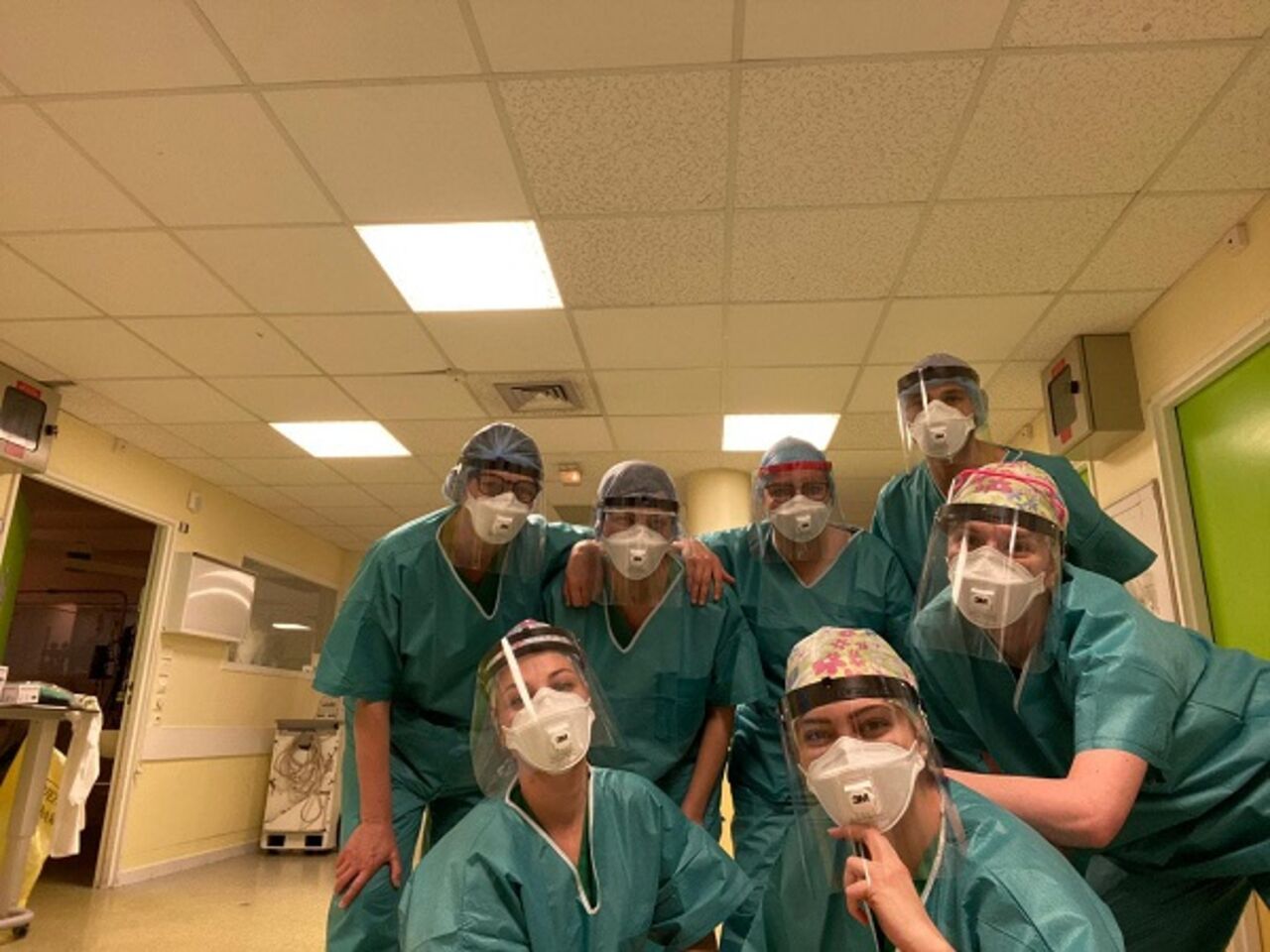
Spotlight: Université Gustave Eiffel mobilised for medical staff during the COVID-19 epidemic
Overview of the initiatives led by units, laboratories and campuses of Université Gustave Eiffel in support of medical staff and hospitals.
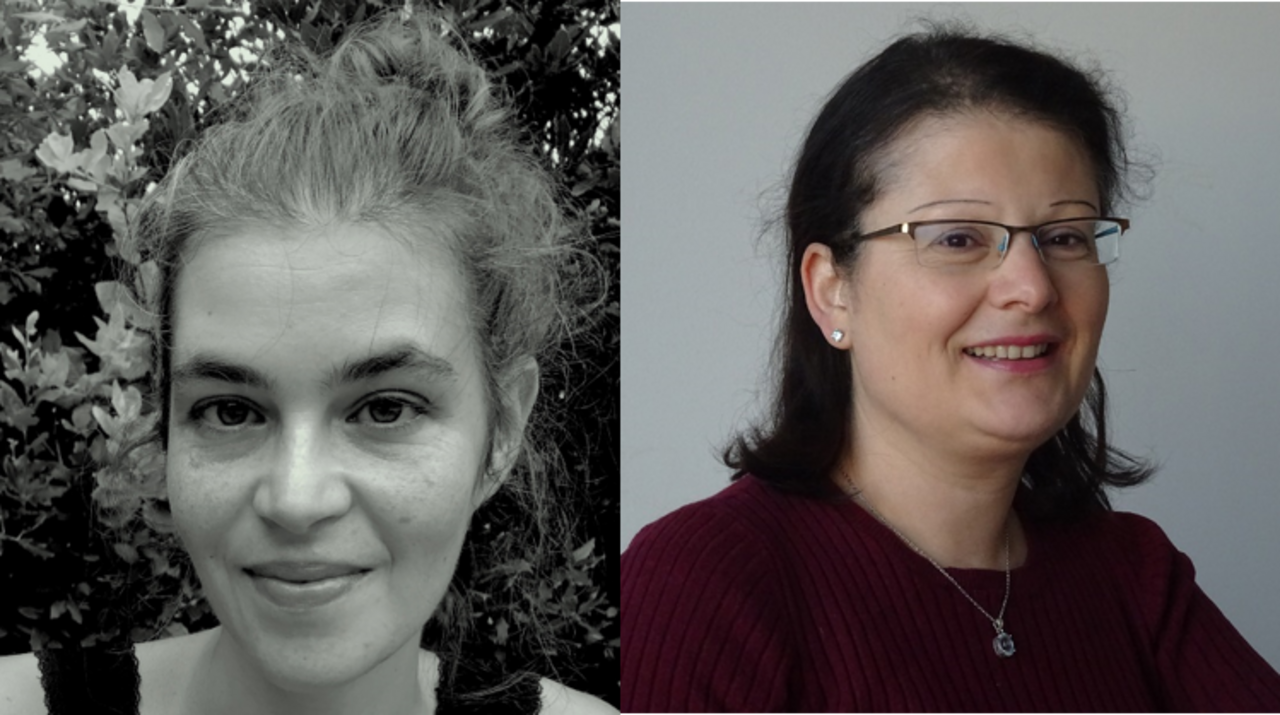
Spotlight: two teacher-researchers join the IUF
Joint interview with two female scientists from Université Gustave Eiffel, appointed to membership of the IUF in 2020 for 5 years.
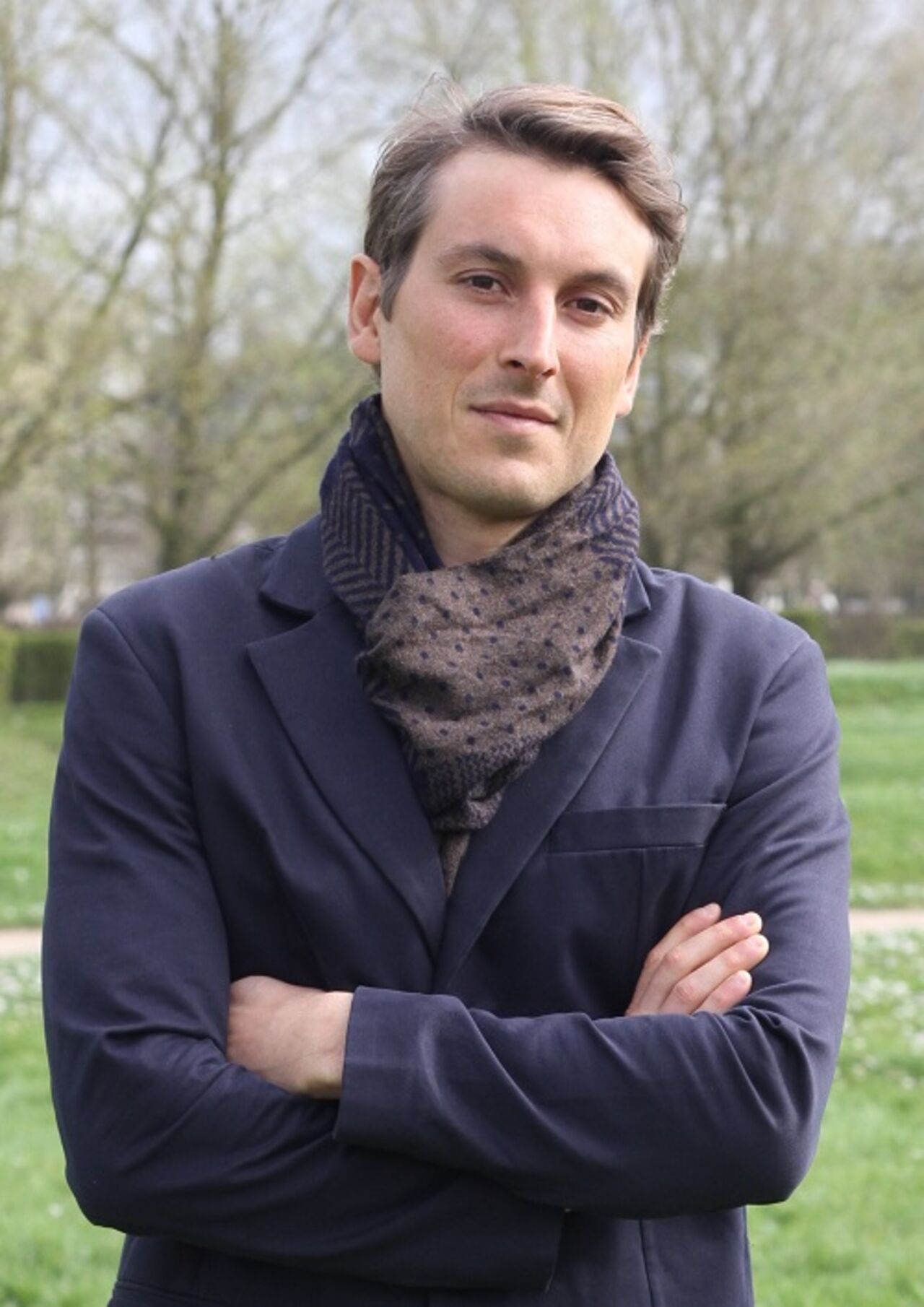
Testimony: Romain Menini, awarded the 2020 CNRS bronze medal
Romain Menini was awarded the 2020 CNRS bronze medal for his work on Rabelais, the Reception of Antiquity in the Renaissance and humanist philology.
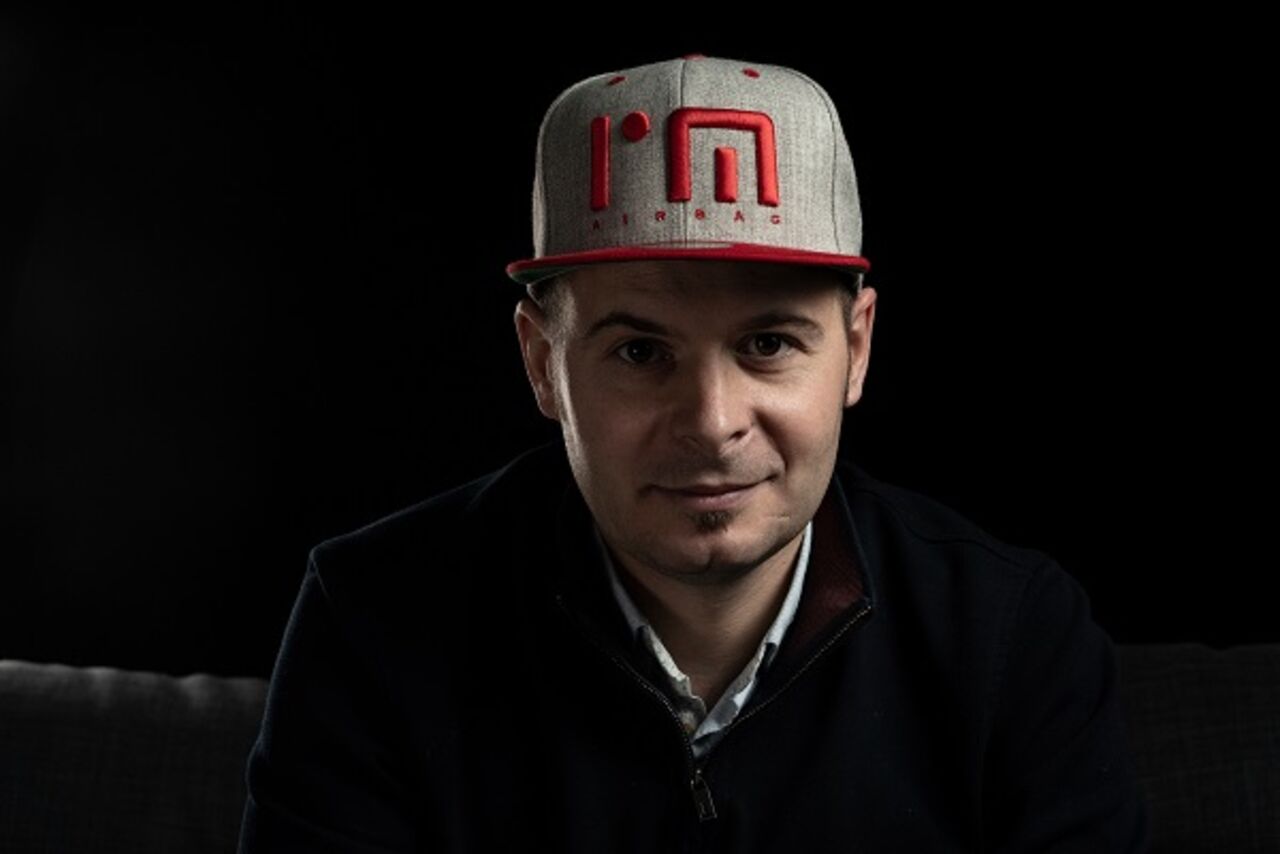
Testimony: a successful collaboration between In&motion and the LBA
Joint interview with Pierre-François Tissot, co-founder of the start-up In&motion, and Pierre-Jean Anoux, director of the LBA.
